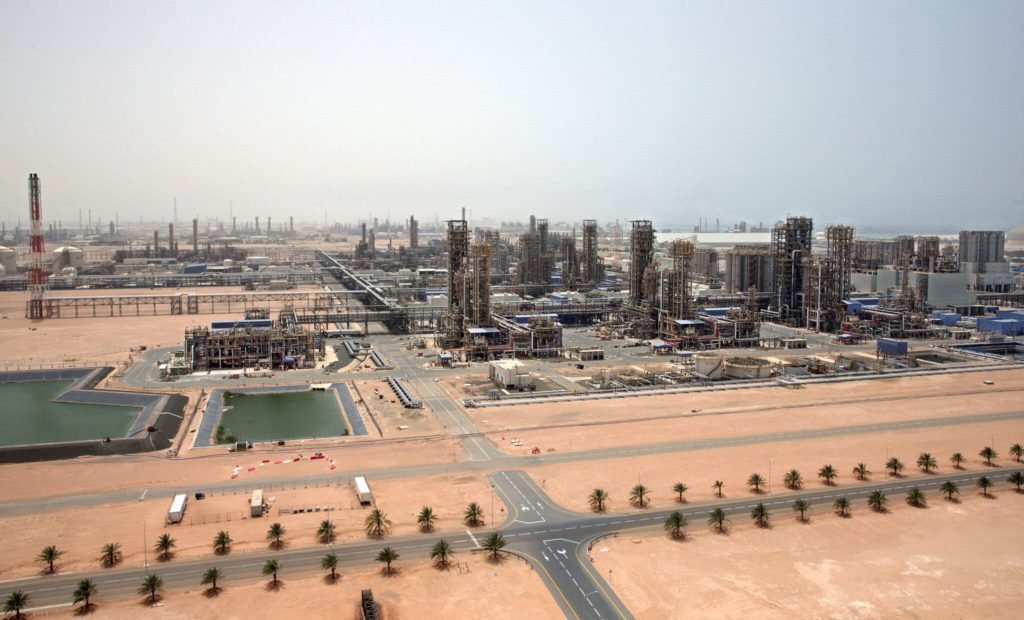He is the chief executive of a major polluter, but Sultan Al Jaber is likely to be well received and maybe even congratulated when he arrives at the COP26 climate summit in Glasgow, which starts this weekend.
Mr. Al Jaber, who heads Abu Dhabi’s national oil company, which provides about 3 percent of the world’s oil, has another job. He is the special climate envoy of the United Arab Emirates and a founder of a multibillion-dollar state-backed company that invests in renewable energy.
For more than a decade he has tried to position the Persian Gulf state as a leader on environmental issues, acting at the behest of Abu Dhabi’s de facto ruler, Crown Prince Mohammed bin Zayed.
In the latest of these initiatives, the United Arab Emirates pledged to have net zero carbon emissions by 2050, the first government in the region to make such a statement. It joins a growing list of countries making long-range commitments that are difficult to evaluate.
“He is a pioneer of climate action,” said Karim Elgendy, a fellow on Middle East environmental issues at Chatham House, a research organization in London.
Serving as an environmental advocate and an executive selling fossil fuels may appear to be a contradiction. But not, apparently, in the United Arab Emirates, a federation of seven states including Abu Dhabi, whose oil production bankrolls the other six.
“He is a pioneer of climate action,” said Karim Elgendy, a fellow on Middle East environmental issues at Chatham House, a research organization in London.
Serving as an environmental advocate and an executive selling fossil fuels may appear to be a contradiction. But not, apparently, in the United Arab Emirates, a federation of seven states including Abu Dhabi, whose oil production bankrolls the other six.
The Emirates views the push for green energy not as a threat but as a “unique opportunity” in which it can capitalize on its expertise and financial strength, Mr. Al Jaber said in an interview earlier this year.
Make no mistake: Abu Dhabi’s leadership wants to preserve a market for the Emirates’ enormous oil reserves, which are enough for more than 60 years’ output at current rates.
(Except for the headline, this story has not been edited by The Finance World staff and is published from a syndicated feed.)


